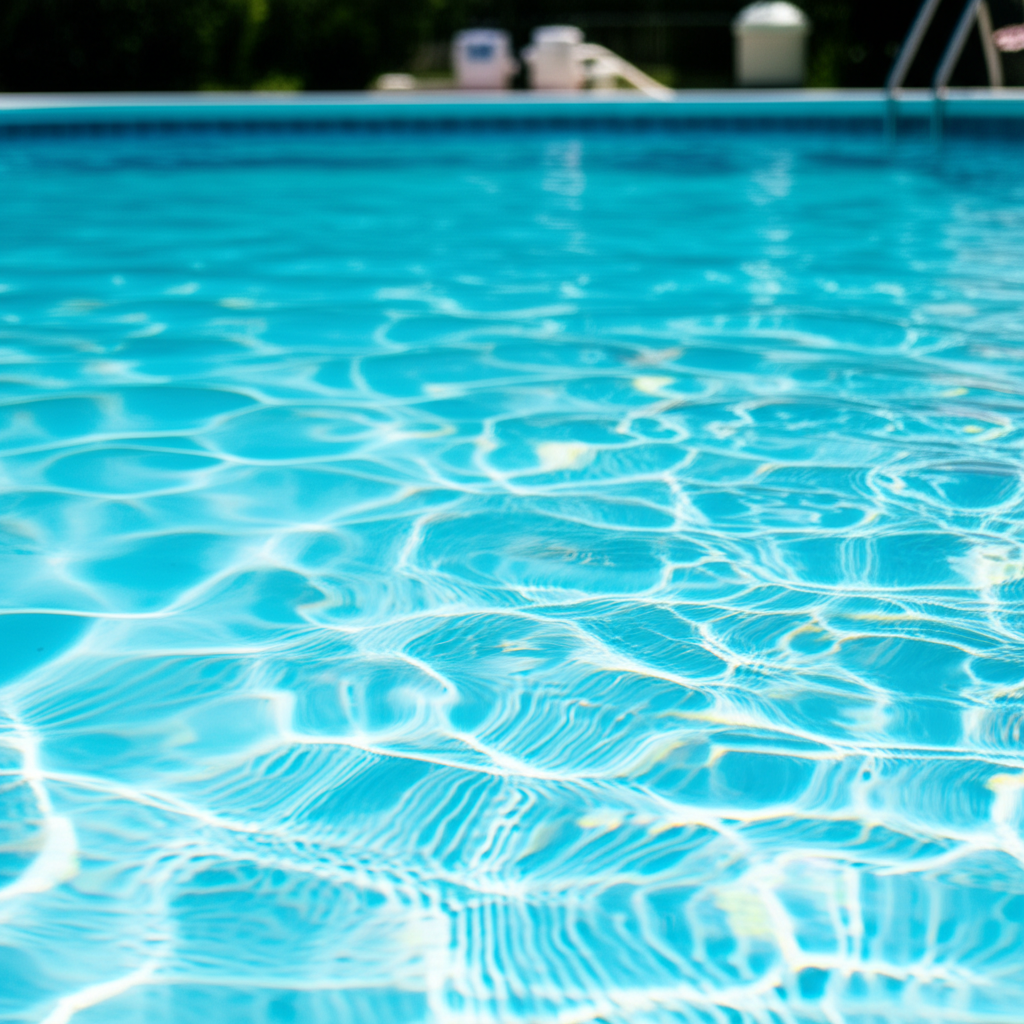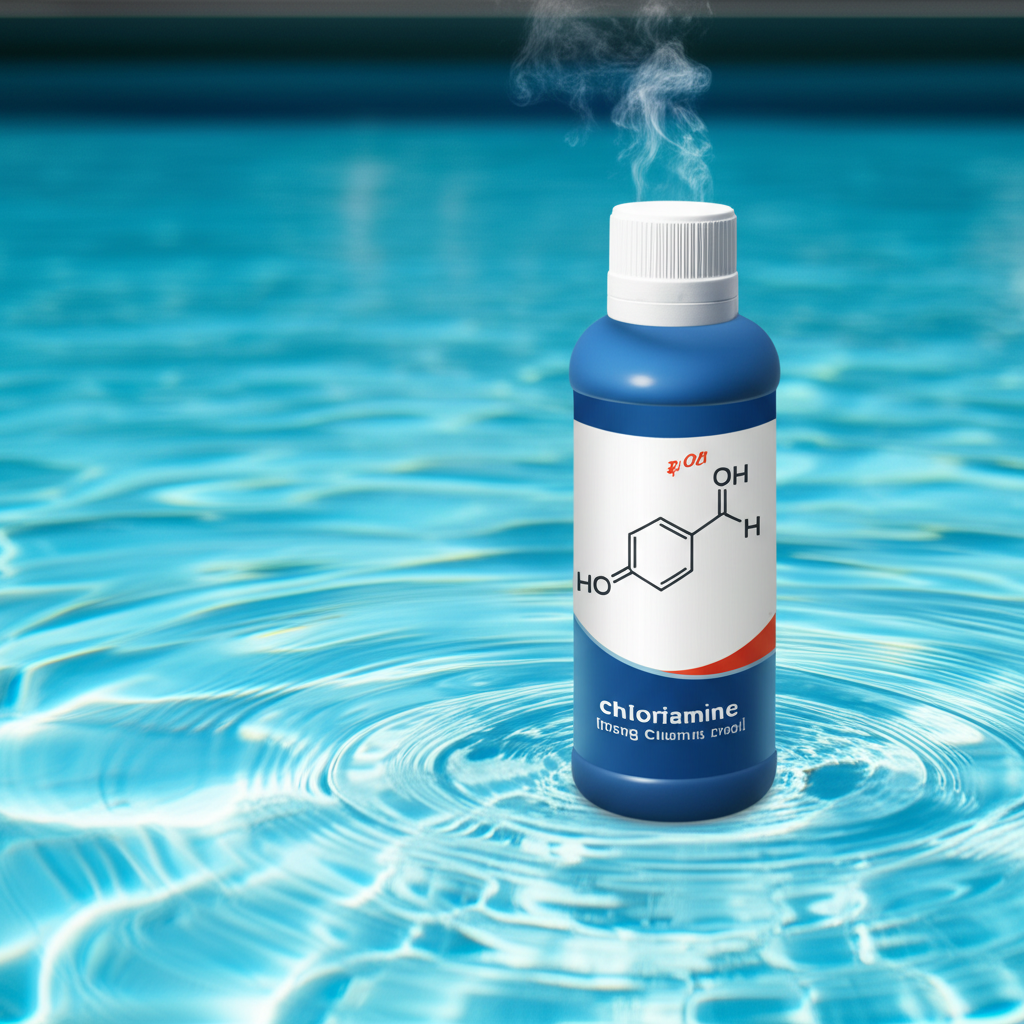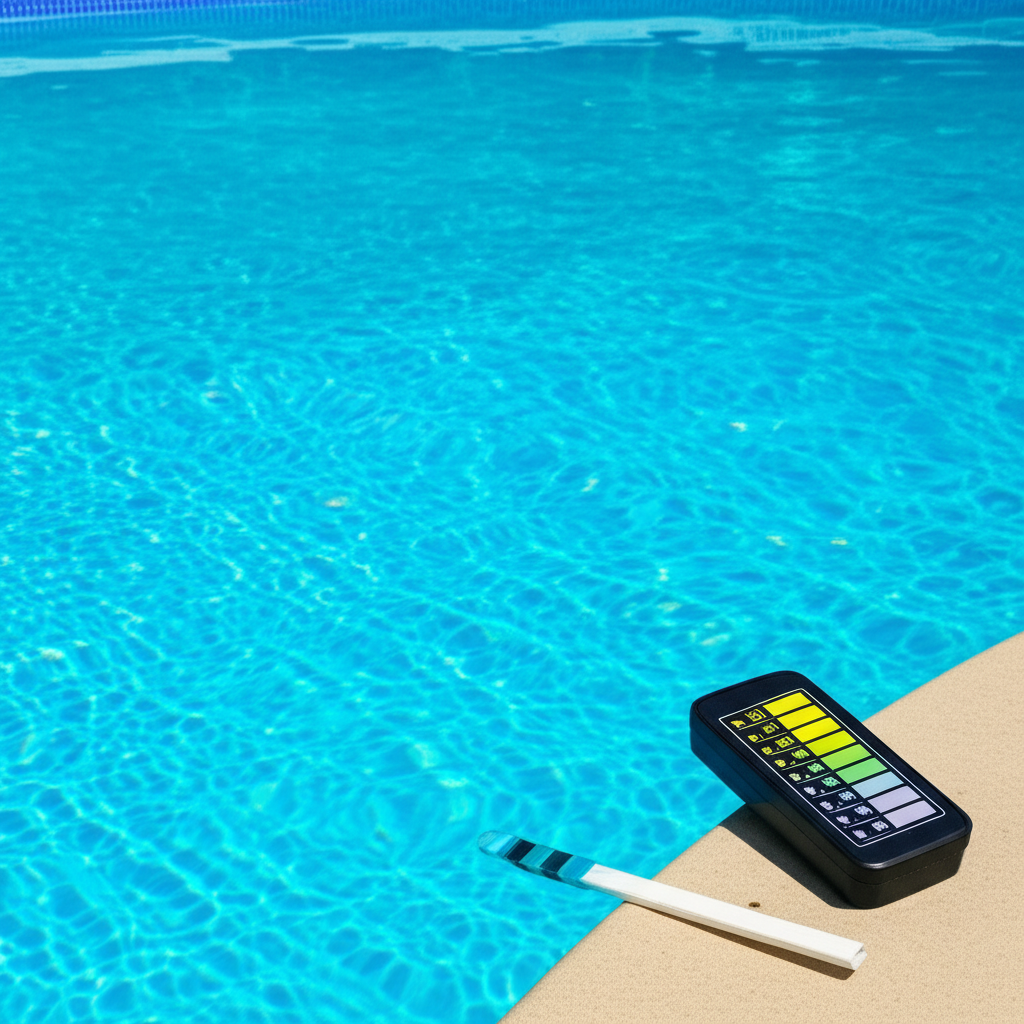- What Exactly Are Chloramines?
- The Root of the Problem: Why Do Chloramines Cause a Strong Chlorine Smell?
- Beyond the Odor: Other Concerns Associated with Chloramines
- Effortlessly Banish the Strong Chlorine Smell Caused by Chloramines
- Filtration Solutions
- Chemical Neutralization
- Understanding Less Effective Methods
- Choosing the Right Solution for Your Home
- Conclusion
Chloramines, a common disinfectant used by many municipal water treatment facilities, are designed to keep our tap water safe from harmful bacteria and viruses. While effective, they are often the silent culprit behind that pervasive and unpleasant strong chlorine smell emanating from your plumbing, particularly noticeable in showers or when drawing a bath. Understanding what chloramines are and how they impact your water quality is the first step toward effortlessly banishing this persistent odor and improving your home’s water experience.
What Exactly Are Chloramines?
Unlike traditional free chlorine, which is pure chlorine gas or hypochlorite, chloramines are a blend of chlorine and ammonia. Water treatment plants began favoring chloramines because they are more stable and remain in the water distribution system for a longer period, providing extended disinfection. This stability also means they produce fewer regulated disinfection byproducts (DBPs) than free chlorine, a concern for health and environmental agencies. However, this very stability makes them more challenging to remove and, for many, intensifies the perception of a strong chlorine smell that lingers far longer than that associated with free chlorine.
The Root of the Problem: Why Do Chloramines Cause a Strong Chlorine Smell?
While proponents of chloramine disinfection argue they cause less taste and odor than free chlorine, for a significant portion of the population, the opposite is true. The smell is often described as more metallic, chemical, or simply a more entrenched chlorine odor that doesn’t dissipate easily. This isn’t just imagination; there are scientific reasons for it:
1. More Stable Bonds: The chemical bonds in chloramines are stronger than those in free chlorine. This means they don’t “gas off” as readily as free chlorine when exposed to air or left to sit, leading to the smell persisting.
2. Interaction with Organics: Chloramines can react with organic compounds present in pipes or even in human skin and hair, creating secondary reactions that can intensify the perceived odor.
3. Heat Magnification: When heated, such as in a shower or bath, the warmer water can accelerate the release of volatile compounds, making the strong chlorine smell particularly overwhelming and irritating to the respiratory system.
Beyond the Odor: Other Concerns Associated with Chloramines
The strong chlorine smell is just one sign that chloramines are present in your water. Beyond the irritating odor, chloramines can lead to a range of other issues:
Skin and Hair Dryness: Both chlorine and chloramines strip natural oils from skin and hair, leading to dryness, irritation, and even exacerbating conditions like eczema or asthma.
Respiratory Irritation: The vapor released from hot water containing chloramines can irritate the eyes, nose, and throat, causing discomfort, especially for individuals with respiratory sensitivities.
Impact on Taste: Chloramines can impart an unpleasant chemical taste to drinking water, as well as to foods and beverages prepared with tap water, compromising their natural flavors.
Aquatic Life Danger: Chloramines are toxic to fish and amphibians, making direct tap water dangerous for aquariums without proper dechlorination.
Appliance Degradation: The corrosive nature of chloramines can accelerate the degradation of rubber and plastic components in household appliances like water heaters, dishwashers, and washing machines.
Effortlessly Banish the Strong Chlorine Smell Caused by Chloramines
The good news is that living with a strong chlorine smell is not your only option. Several effective methods can help you banish chloramines from your water, ensuring a purer, more pleasant experience.
Filtration Solutions
The most effective and convenient way to address chloramines is through filtration. Not all filters are created equal, however.
1. Activated Carbon Filters: Standard activated carbon filters are generally effective at removing free chlorine. However, for chloramines, a special type of activated carbon known as catalytic activated carbon is significantly more efficient. Catalytic carbon has a unique structure that promotes a chemical reaction, breaking the chloramine bond and converting it into harmless chloride ions.
2. Whole-House Filtration Systems: For a comprehensive solution, a whole-house filter equipped with catalytic carbon can treat all the water entering your home. This ensures that every faucet, shower, and appliance receives chloramine-free water, eliminating the smell everywhere.
3. Point-of-Use Filters: If a whole-house system isn’t feasible, point-of-use filters can target specific areas:
Shower Filters: These attach directly to your showerhead, providing immediate relief from the strong chlorine smell and protecting your skin and hair.
Faucet Filters: Install on your kitchen faucet for chloramine-free drinking and cooking water.
Drinking Water Pitchers: While less effective for total removal, some pitchers use advanced filtration to reduce chlorine and chloramine levels.
Chemical Neutralization
For specific applications, chemical neutralization can be effective:
Ascorbic Acid (Vitamin C): Ascorbic acid and its salts (sodium ascorbate) are excellent for dechlorinating water, especially in baths or showers. Vitamin C neutralizes both chlorine and chloramines, improving skin and hair health. You can find bath bombs or shower filters infused with Vitamin C.
Sodium Thiosulfate: Commonly used by fish enthusiasts, sodium thiosulfate rapidly neutralizes chloramines in larger quantities of water, making it safe for aquatic life. It’s not typically used for drinking water due to taste.
Understanding Less Effective Methods
It’s important to dispel common misconceptions about chloramine removal:
Boiling Water: Unlike free chlorine, which will dissipate with prolonged boiling, chloramines are highly stable. Boiling water will not effectively remove chloramines; in fact, it can sometimes concentrate them or lead to more volatile organic compound formation.
Letting Water Sit: While allowing water to sit can help dissipate free chlorine over time, it’s largely ineffective for chloramines due to their stability.
Choosing the Right Solution for Your Home
Selecting the appropriate method to banish the strong chlorine smell depends on your specific needs and budget. If the smell is pervasive throughout your home, a whole-house filtration system featuring catalytic carbon is the most effective long-term solution. For targeted relief, such as an irritating shower smell, a shower filter is a convenient starting point. Always consider having your water tested to understand the exact levels of chloramines and other contaminants to ensure you choose the most suitable filtration system.
Conclusion
The presence of chloramines in municipal water is a double-edged sword: vital for public health but often a source of frustration due to the strong chlorine smell and associated negative effects. By understanding what chloramines are and implementing targeted removal strategies, particularly through advanced filtration like catalytic carbon, you can reclaim your home’s water quality. Say goodbye to irritating odors, dry skin, and unpleasant tastes, and embrace the clean, refreshing water experience you deserve.



